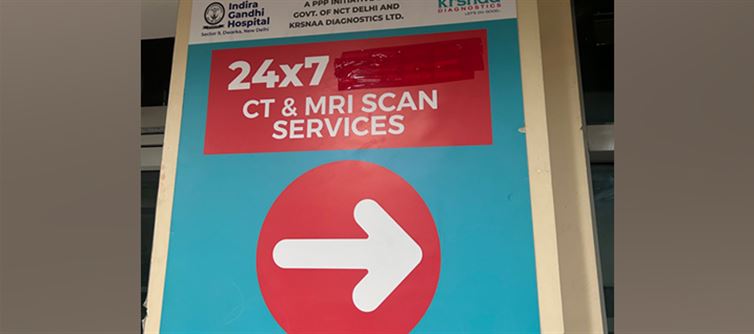
The change reflects a broader narrative of healthcare transformation in delhi, where the aam aadmi party (AAP), under arvind kejriwal, had previously championed free diagnostic services as a cornerstone of its governance model. The initiative aimed to alleviate the financial burden on low-income families, offering critical imaging services at no cost in government hospitals. However, with the BJP’s rise to power, the taped-over sign suggests a move towards a fee-based system, potentially aligning with private sector involvement under the PPP framework. This shift has sparked mixed reactions: while some applaud the potential for improved service quality through private expertise, others, including social media users, lament the loss of a lifeline for the poor, with comments indicating that many relied on these free services as a blessing.
The controversy underscores deeper questions about the sustainability and equity of healthcare policies in India’s capital. The transition from free to paid services could enhance infrastructure and reduce wait times, as some argue that free services often suffer from machine breakdowns or long delays. Yet, the lack of clear communication from authorities about the change—coupled with the visible tampering of the sign—has fueled perceptions of political maneuvering rather than a well-thought-out reform. As Delhiites adapt to this new reality, there is an urgent need for transparent dialogue and robust alternatives, such as subsidized rates or expanded insurance coverage, to ensure that essential healthcare remains within reach for all, regardless of economic status.




 click and follow Indiaherald WhatsApp channel
click and follow Indiaherald WhatsApp channel